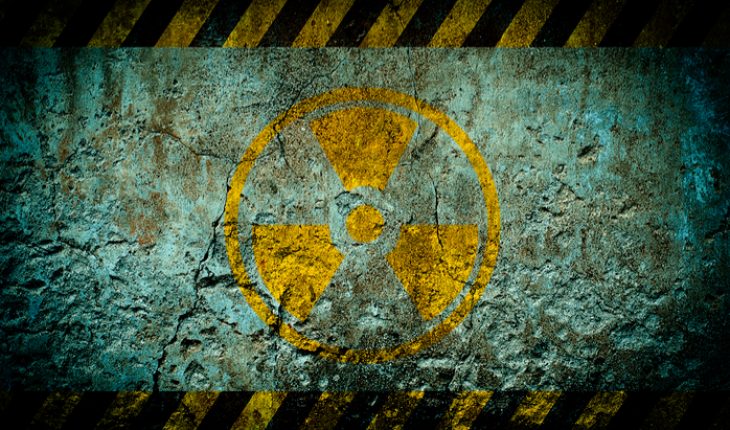The number of cancer deaths related to radon gas is very small but for people living in radon hotspots it can be a real concern. A report in the British Medical Journal claimed that at least 1,100 people die each year from lung cancer linked to indoor radon – a natural radioactive gas that can seep into houses from the ground – and being exposed to high levels over time can increase the risk of lung cancer. Most British homes have small harmless levels of the gas but there are certain radon hotspots – like Cornwall- where the level is much higher because of local geological conditions. Igneous granite, which is close to the surface in many parts of Cornwall, naturally contains more radioactive uranium than other rocks. Uranium 238 releases radioactive radon gas as it decays which can seep into buildings through cracks and holes in the foundations. When these are identified certain protective measures can be taken to make sure that people are protected – such as creating a ‘radon sump’ by digging below house foundations and installing a fan and pipe to blow the gas harmlessly away..
Scientists are also asking that building regulations be changed to make sure that all new homes include preventive measures against radon gas.
What you can do
The UK has been mapped for radon levels and hotspots tend to be well known but if you are concerned you can buy radon detectors to measure the level in your home. If you find that your house is affected the best way to deal with the problem is to install a ground barrier to prevent the gas leaking into the house and an air pump that will vent the gas into the atmosphere. This can cost up to £1000 initially and around £50 per year. If you are worried you can find out more on the Public Health England Ukradon website which also has a map of radon levels in the UK. You can order a radon measurement pack for your home from UKradon.org which costs £49.80.
- Biden Declines Second Term: Health Concerns - 23rd July 2024
- New catheter coating stops bacteria cells from swarming - 10th June 2024
- AI-designed catheters could dramatically reduce urinary tract infections - 10th June 2024






